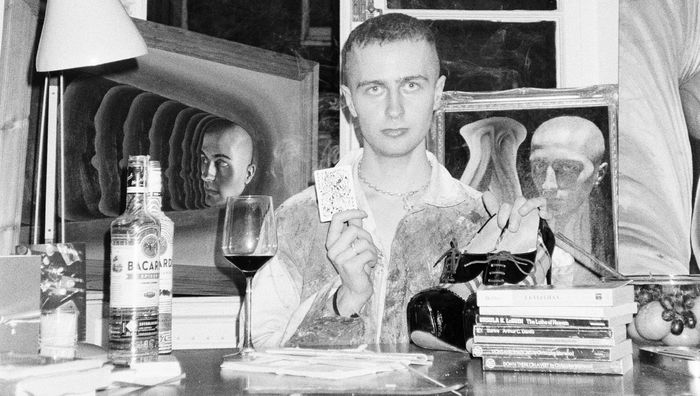Leah Mclaine in conversation with Connor Philips
Leah Mclaine and Connor Phillips return with an interview about their project, the Maurice Collective, queerness, the Cambridge arts scene and how to deal with being a creative
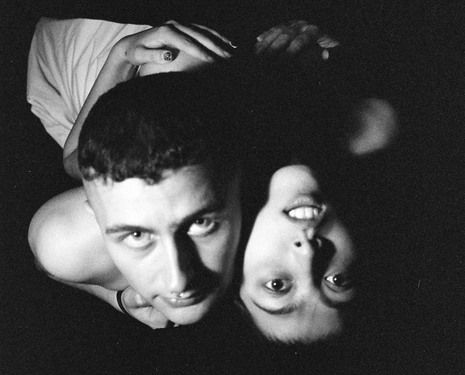
LM: Connor, what has changed with your artistic practice since last we spoke?
CP: My work used to orbit these unacknowledged subjects which would baffle me, themes I didn’t want to deal with, coming out of my subconscious and my body. I can now stare back at these unconscious things from the past and acknowledge it happened and actually did affect me. My most recent painting is from a photograph of an incredibly traumatic event. It has existed for such a long time; I’ve been too afraid to approach it. I saw it as the quintessential evidence of a dark time in my life. But I knew I wanted to do something with it, both because it was symbolic and because it is beautiful as a photograph. Tackling this subject matter for me embodies the change that has occurred.
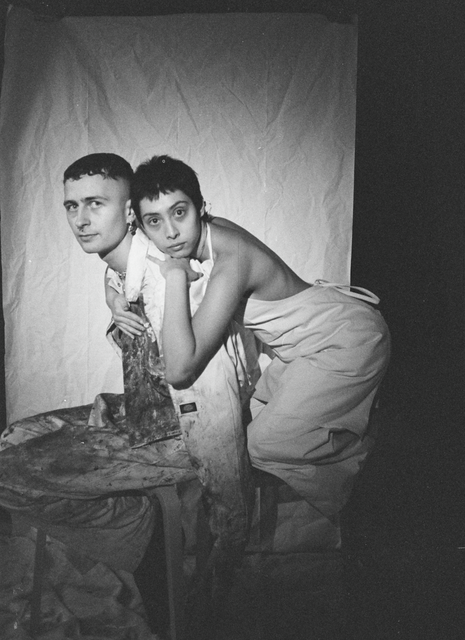
LM: Now that we work in a common space, I was wondering how the process of working in front of another artist has been for you?
CP: At school I didn’t think about it much because you always work in front of your class. But going through lockdown and doing my foundation diploma through Covid-19, it became an incredibly sensitive topic. Whenever my dad would come into the room I would stop the painting, throw down my brushes and go upstairs, which is incredibly melodramatic. I was still nervous about it with you, even though we share everything. Unless I have finished a painting twenty minutes ago I doubt my ability to reproduce my work, especially because I don’t have a set method. I enter this transient space while painting, waking up from it three hours later to something on the canvas. Yet, in the Maurice studio sessions we both enter this pleasant realm of being at one with our practice but also intermittently reaffirming our mutual presence.
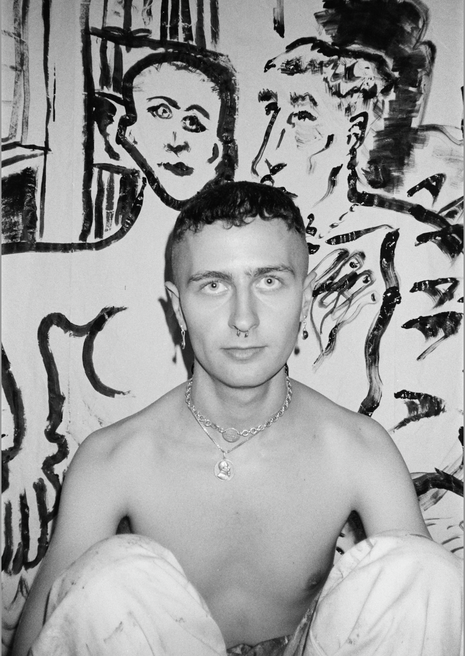
LM: And what is Maurice? Who is she, who was she, what does she want to become?
CP: I think it is being able to point to that indefinite thing that is inherently indefinable and saying: “Look: there is Maurice.” Those moments of void and space, the need to create and be with someone in a certain way. At Cambridge, there is an art scene, but it is a very specific kind of art scene: there is no practice of fine art here. Here, I think they just find a bunch of whack people, put them all in one place and see what happens; a social experiment (in the best way possible). Maurice in this setting is kind of just another facet of that, a product of Cambridge people while juxtaposing its institutional nature.
“Consciousness of art has been a struggle that I hope to leave behind”
CP: Leah, how does art feature in your life?
LM: A visiting lecturer spoke about art being the only medium that can break perspectives. This resonated with me as a child who grew up Orthodox Jewish – it was difficult to articulate my feelings pertaining to queerness without causing offence/distress. My family disregarding art as a medium made it the place I could react without consequence. My mother said I “reasoned myself out of” religion, but I had faith; I just found it hard to balance that with the nature of being queer. I think art is the place I reconcile those dichotomies.
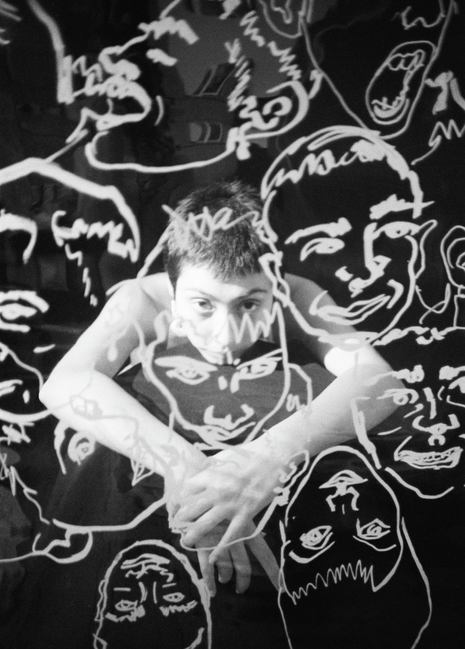
CP: Is there a current project on your mind?
LM: I’m making myself a space as I have no permanent home. I realised I can make my own space visually; constructing whole rooms and houses through adobe programmes, photography and film and placing myself in them. I was thinking of making myself a little home, Connor, snatching your degree.
CP: What is your vision of The Maurice Collective?
LM: I want to find a space that enables thinking, making, reacting, experimenting while being a useful resource for artists and their career. Bringing artists together and removing the boundary between conception and expression – essentially what my art teachers did for me. A facet of Maurice is the intention to create a committed space for art alongside a Cambridge degree. Art used to be something fun and, in a sense, unconscious. Consciousness of art has been a struggle that I hope to leave behind. We hope to organise a summer residency with the collective, renting out Airbnbs and making art in them for a while; wouldn’t that be fun? But Maurice for me is simply that intangible inclination to make, create, think in deep time, respond. Slowing down to acknowledge that void you talk of.
You can find out more about The Maurice Collective at leahmclaine.com/maurice or on their instagram @themauricecollective.
 News / Report suggests Cambridge the hardest place to get a first in the country23 January 2026
News / Report suggests Cambridge the hardest place to get a first in the country23 January 2026 News / Reform candidate retracts claim of being Cambridge alum 26 January 2026
News / Reform candidate retracts claim of being Cambridge alum 26 January 2026 News / Cambridge ranks in the top ten for every subject area in 202623 January 2026
News / Cambridge ranks in the top ten for every subject area in 202623 January 2026 Comment / Cambridge has already become complacent on class23 January 2026
Comment / Cambridge has already become complacent on class23 January 2026 News / Palestine activists project slogans onto John’s24 January 2026
News / Palestine activists project slogans onto John’s24 January 2026

